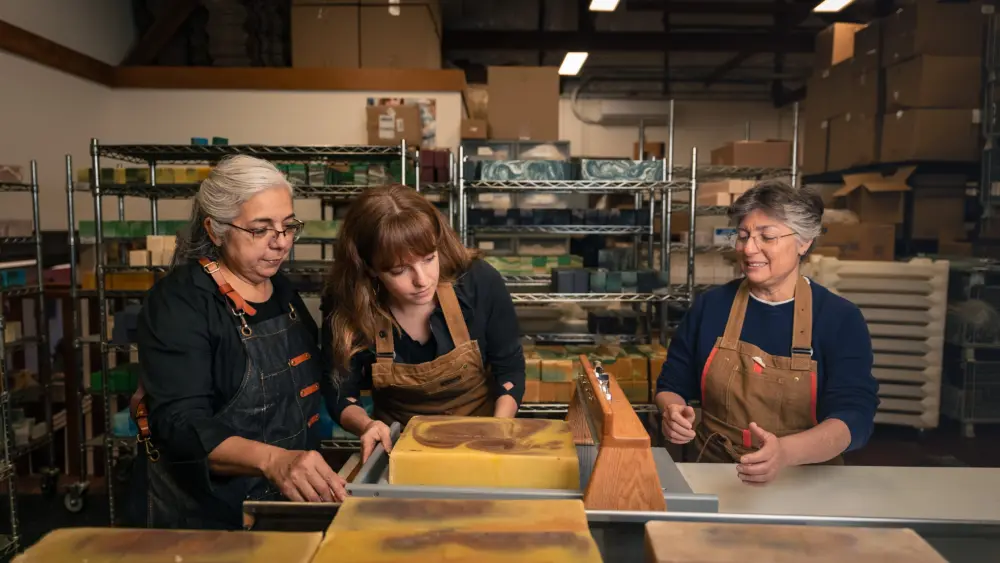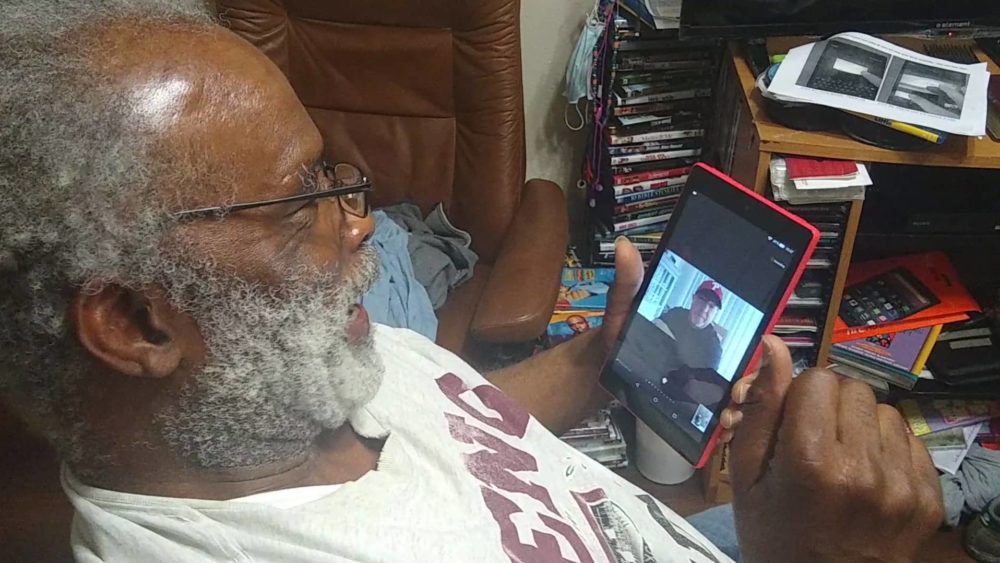
“Our population is challenged with issues of inequity and social injustice, and we do a lot of educating of our participants so they can become their own self-advocates.” —Margaret Farman, CEO, United Cerebral Palsy of the North Bay
When COVID-19 brought the world to a halt last March, forcing businesses to shut down, United Cerebral Palsy of the North Bay faced a shortage issue in the form of an insufficient supply of tablets and devices to serve its participants remotely. The organization partnered with Travis Credit Union in Solano County and its loyal donors within the local community to hold a fundraising campaign. This effort raised around $60,000 to provide tablets and hotspots to 300 of its participants.
Margaret Farman, CEO of UCPNB, says the initial shutdown raised concerns for the participants the nonprofit serves. “People we work with have social challenges to begin with and we were concerned with how they would stay connected without the use of appropriate technology.” To Farman’s surprise, she says the organization has seen its participant’s blossom from struggling with social anxiety, to becoming more confident in their abilities and expressing their opinions. “A big takeaway from the pandemic was to not underestimate the people we serve and support,” says Farman.
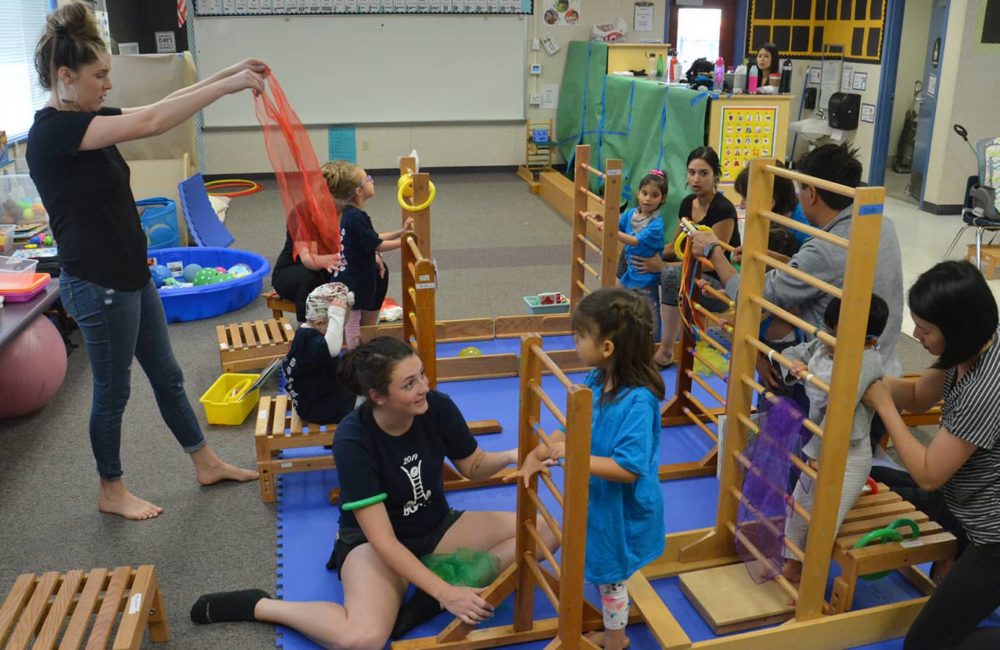
The people UCPNB serves and supports are challenged with cerebral palsy and other disabilities. The organization’s mission is to assist people with disabilities to live with dignity, participate meaningfully and experience success. The nonprofit was founded in 1981 and provides services for children and adults with disabilities in Sonoma, Napa and Solano Counties. UCPNB has more than 500 employees across all three counties, 300 of whom have disabilities. The nonprofit also owns a number of businesses that educate and train participants they serve to succeed in the workplace.
“Our participants with intellectual and developmental disabilities are very interested in wanting to contribute to the community,” says Farman. “Our population is challenged with issues of inequity and social injustice, and we do a lot of educating of our participants so they can become their own self-advocates. Most people don’t know how gifted and skilled in different ways people with disabilities are; they are often misjudged.”
The organization runs Cypress School, which provides personalized curriculum and learning for children with autism and similar disabilities. “Most of the kids that go to Cypress School have a behavioral challenge. As a team, the student, family and teachers work to minimize challenges by emphasizing what they are good at and expand on it,” says Farman.
UCPNB provides services to the community in a number of different areas. It supports public parks with clean up, contracted landscaping services and provides recycling services. The organization also provides job training paid-work opportunities for individuals with disabilities in the recycling, packaging and hospitality industries. UCPNB operates a recycling center in Petaluma; a thrift store in Rohnert Park called Flipside; a custom wine packaging business in Napa County called WineBev Services and a document destruction and e-waste recycling business called Gone for Good in Solano County. Combined, these entities serve about 350 adults with disabilities each day.
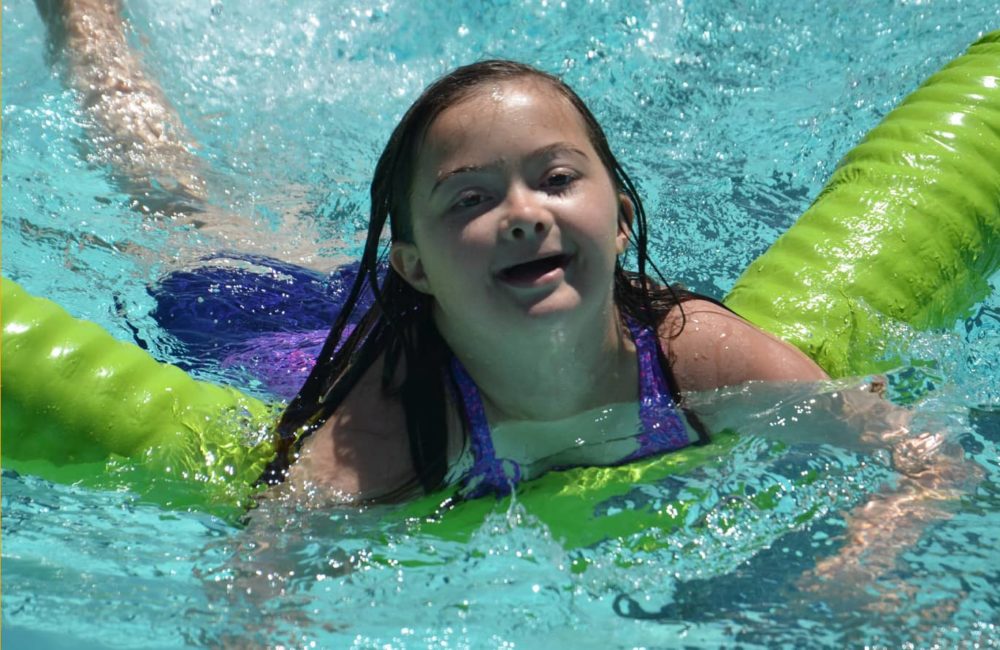
Farman says the community can help support its mission by hiring a person with a developmental disability. “Even though our participants may require a little more support during the training stage, they will often be your most loyal and most enthusiastic employees. Businesses have told us that adding an employee with a disability has only strengthened the workplace and employee morale.” Farman cites Friedman’s Home Improvement as an example of a local company who has had success in hiring and training people with disabilities.
It isn’t all work and no play at UCPNB. The organization has a number of recreational programs for its participants, including a bike and swim program at Sonoma State University from July 6-12. “During the pandemic, we started a program called Weekend Without Limits that gets participants hiking and having social interaction in very small groups,” says Farman. “We prefer to look at what we do as, ‘Learn without limits, work without limits and play without limits.’”
Photos courtesy of UCPNB
Author
-
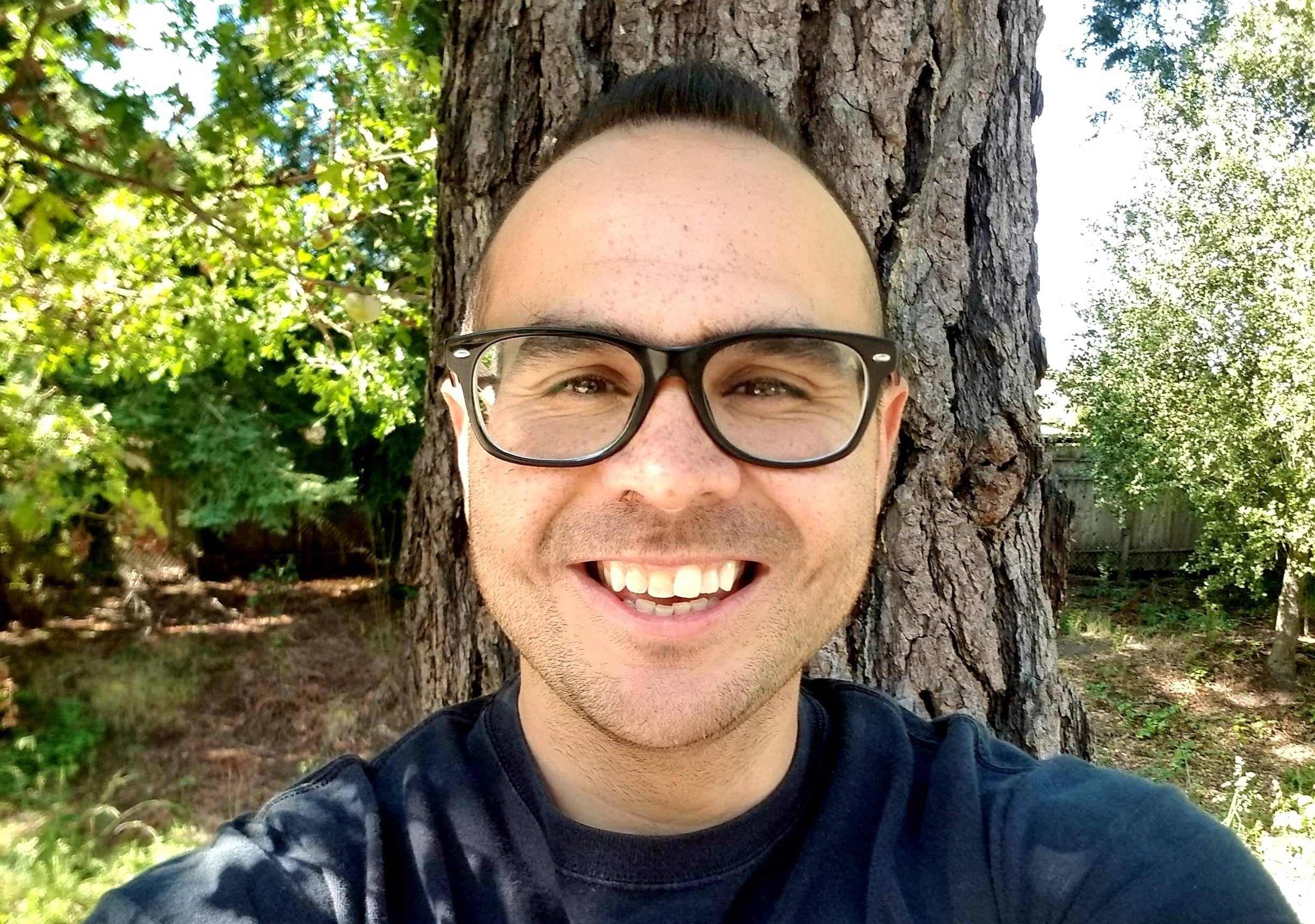
Michael moved from Southern California to the North Bay in 2017, enrolling at Santa Rosa Junior College to pursue journalism and escape traffic. He was Co-Editor-in-Chief of the student paper. His work is published in The Press Democrat, The North Bay Bohemian, Pacific Sun and Sonoma Magazine.
View all posts



